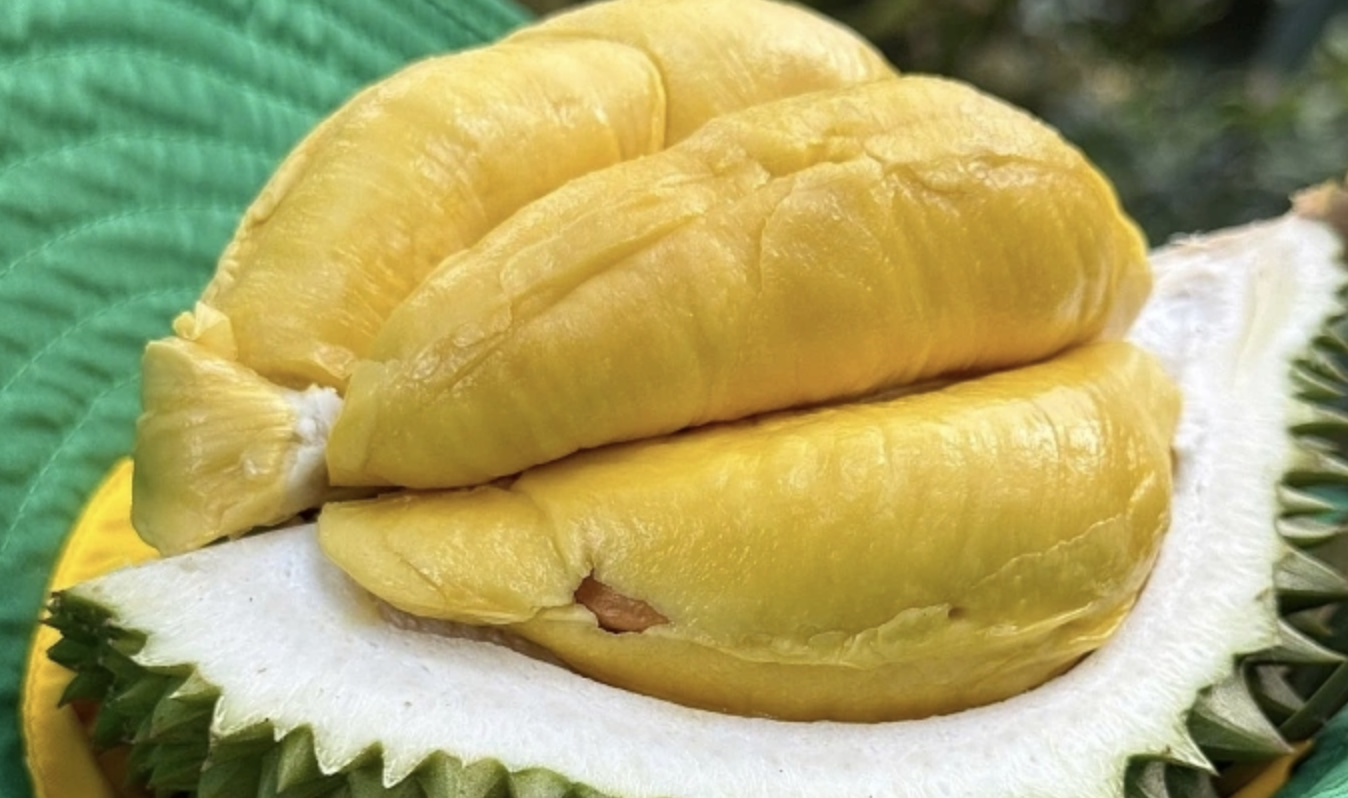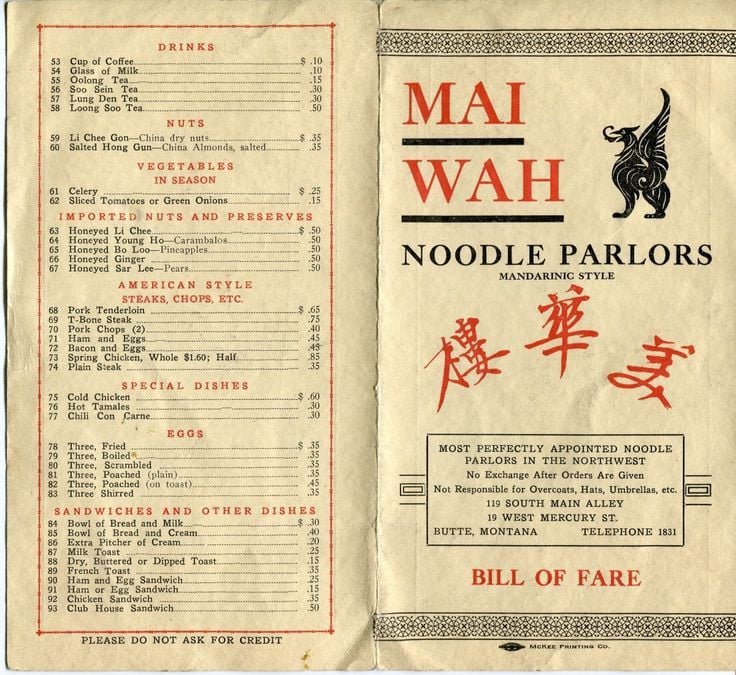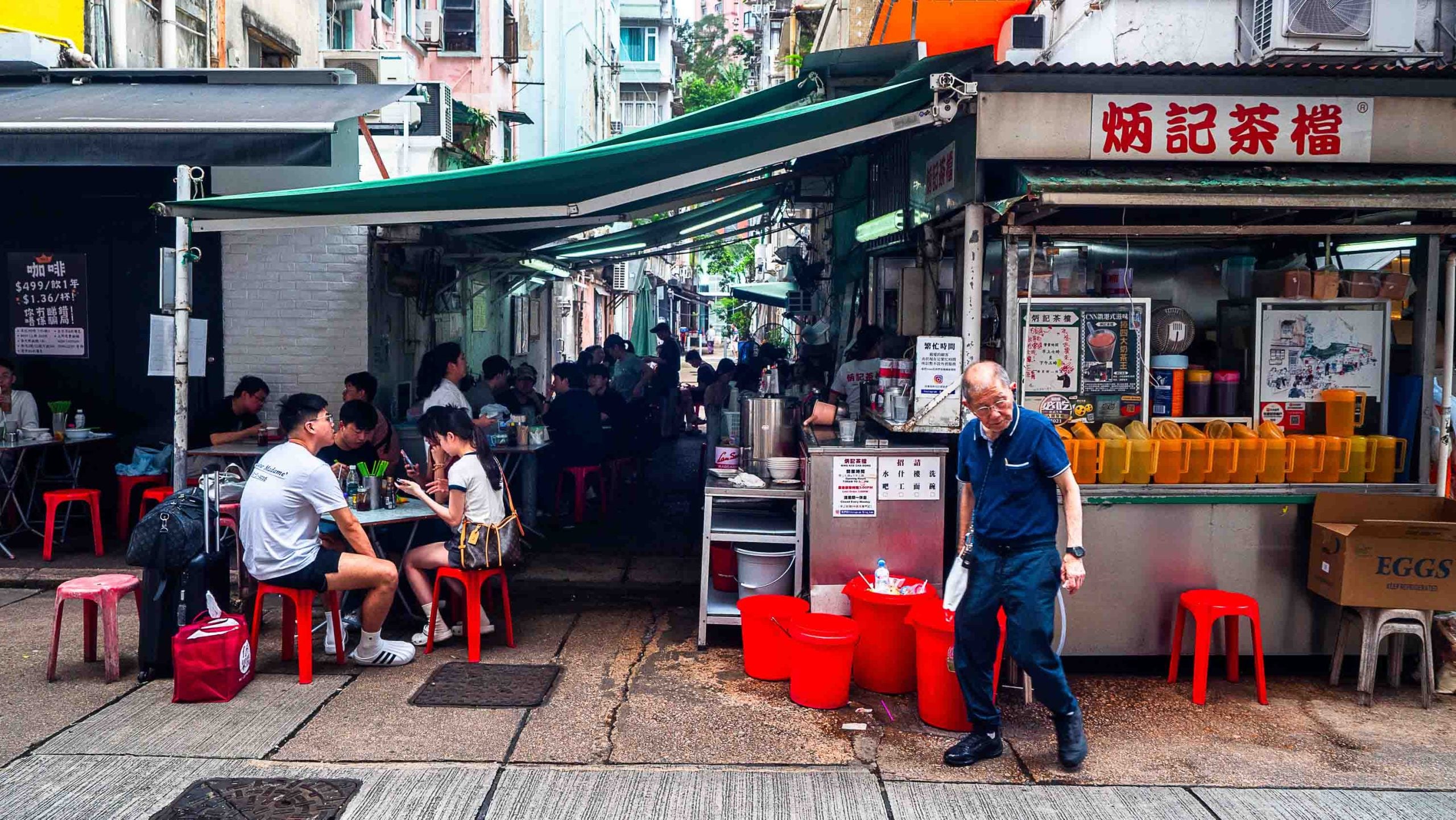Young China Plates is a monthly series that sees RADII dissecting mouthwatering food trends favored by Chinese youth. Drop us a line if you have a suggestion! This time, we received a tip-off about a dessert dégustation in a secretive Shanghai venue.
A common critique about fine dining is that it often takes itself too seriously, but can this be true if a tasting menu opens with a marshmallow (and a homemade one, at that)? The sweet confectionary with medicinal roots may no longer be used to treat chest colds or insomnia, but it does wonders for morale, especially in the middle of a bitter Shanghai winter.
Fire, both a friend and a foe, takes the sweet treat to new latitudes. Wielding a kitchen blow torch, Friso Hsiao of Endo Dessert Bistro toasts each marshmallow so that sweetness dances on the edge of bitterness.

Tucked away in a discreet corner of MIX320, a hip food and beverage hub in Changning district, the restaurant feels like a secret sanctuary, with its mood lighting and gentle incense. Decked out in white lab coats, the trio behind it — unidentical twins Friso and Yen Hsiao and their partner Charlie — offers an art-directed take on desserts.
As countless RADII stories have underscored, not all Chinese youth covet desk jobs, and many are breaking free of China’s stifling 996 work culture. Curious about whether ‘tiger mom’ expectations ever stood in their way, we tiptoe around the question.
“Well, that painting is by my mom. I think that explains a lot,” says Yen with a chuckle and a sideways glance at a kaleidoscopic work of art that brightens up the entire room.
While one almost expects to meet the chef at fine dining establishments nowadays, it is a real treat to come face to face with a space’s designer.
Yen, whose passions include jewelry and homeware design, singlehandedly crafted the museum-esque sculptures, flower vases, servingware, and lamps in the restaurant. Fashioned out of copper and paper previously used to wrap Pu’er tea, the last of these speaks for a growing awareness of sustainability among youth.

A running joke that pervades popular memes and online communities such as Subtle Asian Baking, the Asian love of anything that’s “not too sweet” is steeped in truth — there is no smoke without fire, after all. Endo does its best to honor this preference.
“In traditional dessert-making, we often see a great deal of butter and sugar. Here at Endo, we try to reduce the sugar content in all our creations; there are multiple dishes without any added sugar,” explains Friso, who oversees the kitchen with his former culinary classmate-turned-colleague Charlie.
Instead, the kitchen uses savory elements to mimic the mouthwatering effect that fat imparts. Vegetable and pepper crisps are paired with persimmon, while a chocolate and rose tart gets its tartness from vinegar — a far cry from frosted cakes and stodgy puddings.
As integral to Chinese culture as wine is to French society, tea is an essential part of the dining experience at Endo, but so is wine, which China is increasingly known for.
Yen, who oversees the restaurant’s tea service, keeps our cups filled with countless kinds of Chinese tea while his bespectacled brother educates us on every glass of ‘fermented grape juice’ we bring to our lips.
“Our wine pairing is all about contrasts. The tea pairing, however, is all about complementing each other. In the Chinese dining tradition, freshly-brewed tea is drunk at the end of a meal [but] our tea pairing serves as an extension of flavors, drawing out the lingering notes while comforting the palate,” says Friso, who also enlightens us about a unique Chinese wine containing rice in addition to grapes.
Well-traveled and worldly, the young restaurateurs may have gotten their core concept from fine dining pioneers in the West (“Room4Dessert has definitely been an inspiration for us,” confirms Friso) but are making it their own.
“We wanted to create a platform for enthusiastic diners in Shanghai to explore a new way of looking at dessert,” Friso underscores. “We focus a lot on indigenous ingredients that are very seasonal and low yield. It’s a place where diners get to experience and learn about the seasonality and produce of different regions in China.”
If there’s one trait that many Millennials and Gen Zers share, it’s a refusal to be pigeonholed. This is a sentiment the folks behind Endo Dessert Bistro can relate to.
“We use the techniques that make the most sense to us, be it a classic French or Chinese pastry technique. To us, what’s really exciting is when a French diner or a Chinese diner takes a bite of the same dessert and says, ‘Oh wow, this reminds me of my childhood — that is when we know we are on the right track.”
Cover image designed by Zhouhan Shao

















